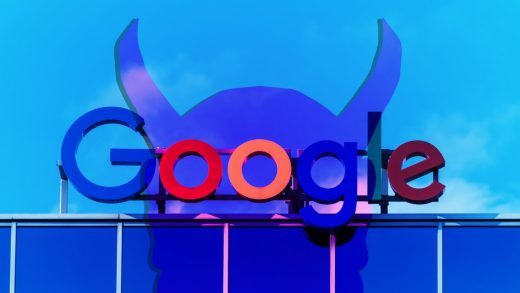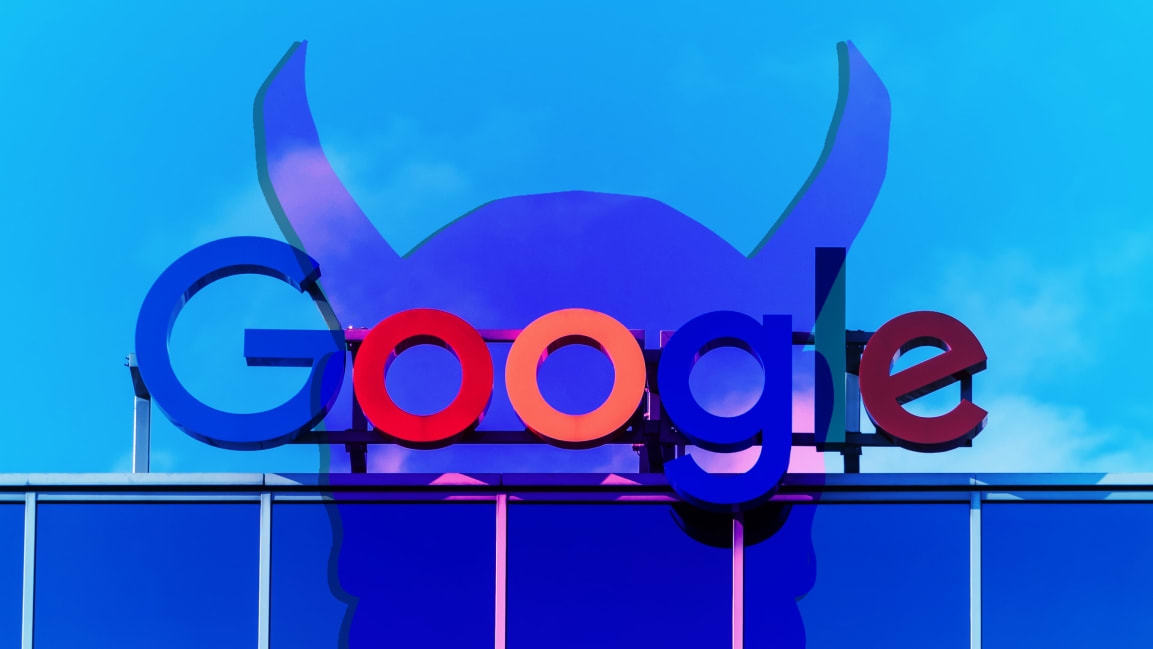Fired employees invoke Google’s “don’t be evil” motto in their workplace complaint
“And remember… don’t be evil, and if you see something that you think isn’t right—speak up!”
The last line in the Google Code of Conduct appears near the top of a complaint by four fired Google employees, obtained by Fast Company, which alleges that Google and parent company Alphabet engaged in unfair labor practices. The employees filed their charges on December 5 with the National Labor Relations Board (NLRB), which enforces the rights of U.S. workers to organize and form unions.
Known as the “Thanksgiving Four,” the employees were fired shortly before the holiday for what Google calls violations of company policies, such as accessing restricted documents. The employees—Laurence Berland, Paul Duke, Rebecca Rivers, and Sophie Waldman—say they were fired as retaliation for labor organizing and opposing what they call “unethical business decisions,” such as contracting with the U.S. military and with Customs and Border Protection.
Per the complaint:
In response, Google unlawfully promulgated and enforced new data classification policies, data protection guidelines, “community guidelines” and codes of conduct; initiated investigations against the four above named employee leaders based upon retroactive application of such guidelines; interrogated them; and discharged them on November 25, 2019 within minutes of each other.
“We dismissed four individuals who were engaged in intentional and often repeated violations of our longstanding data security policies, including systematically accessing and disseminating other employees’ materials and work. No one has been dismissed for raising concerns or debating the company’s activities,” said a Google spokesperson when reached for comment.
Turning to the NLRB is a rare but growing tactic among tech workers, who are generally well paid and unlikely to take part in the kind of labor organizing that federal law was designed to protect. But working conditions are about more than pay. Google has been rocked in recent years by scandals around sexual harassment, gender and racial discrimination, and alleged harassment of some employees by others.
The Thanksgiving Four’s filing is relatively brief—about 270 words—but they describe their labor organizing in greater detail in a recent Medium essay. It includes supporting temp, vendor, and contractor colleagues in Pittsburgh in their successful unionizing effort and supporting colleagues at Google’s Zurich offices who held a labor law educational meeting.
Terminology is critical here. In the NLRB complaint, the workers allege that they have been engaged in “protected concerted and union activities” that are covered by the 1935 National Labor Relations Act that the NLRB is empowered to enforce. The act defines labor organizing as “dealing with employers concerning grievances, labor disputes, wages, rates of pay, hours of employment, or conditions of work.”
Including ethical- and political-based organizing would seem to be a stretch of that definition. Employee activists, for instance, opposed appointing the president of the conservative Heritage Foundation to the company’s AI Ethics board, accusing her of being anti-LGBTQ+ and anti-immigrant. (Google ultimately scrapped the board.)
But the employees base their reasoning on Google’s own espoused values, which encourage high engagement by employees and broad collaboration across the company. The complaint concludes by asserting that Google’s recent actions “are the antithesis of the freedoms and transparency it publicly touts.”
(33)



